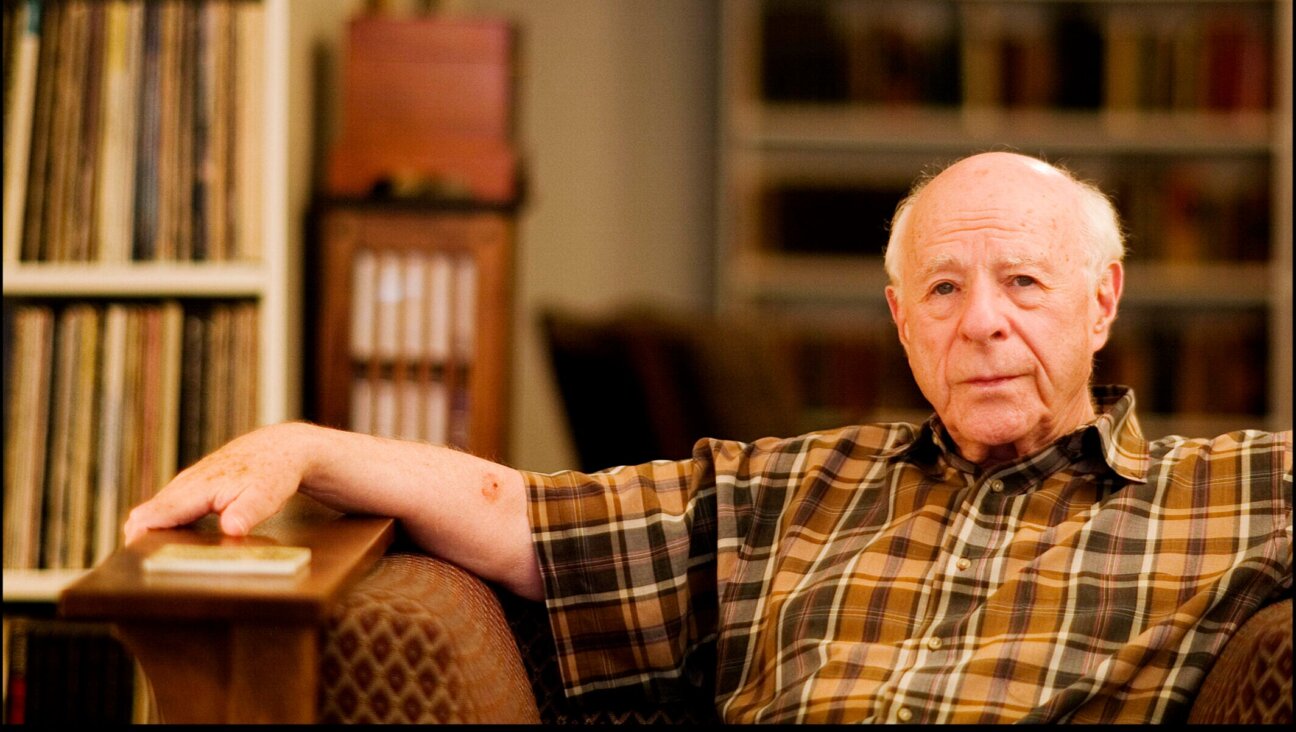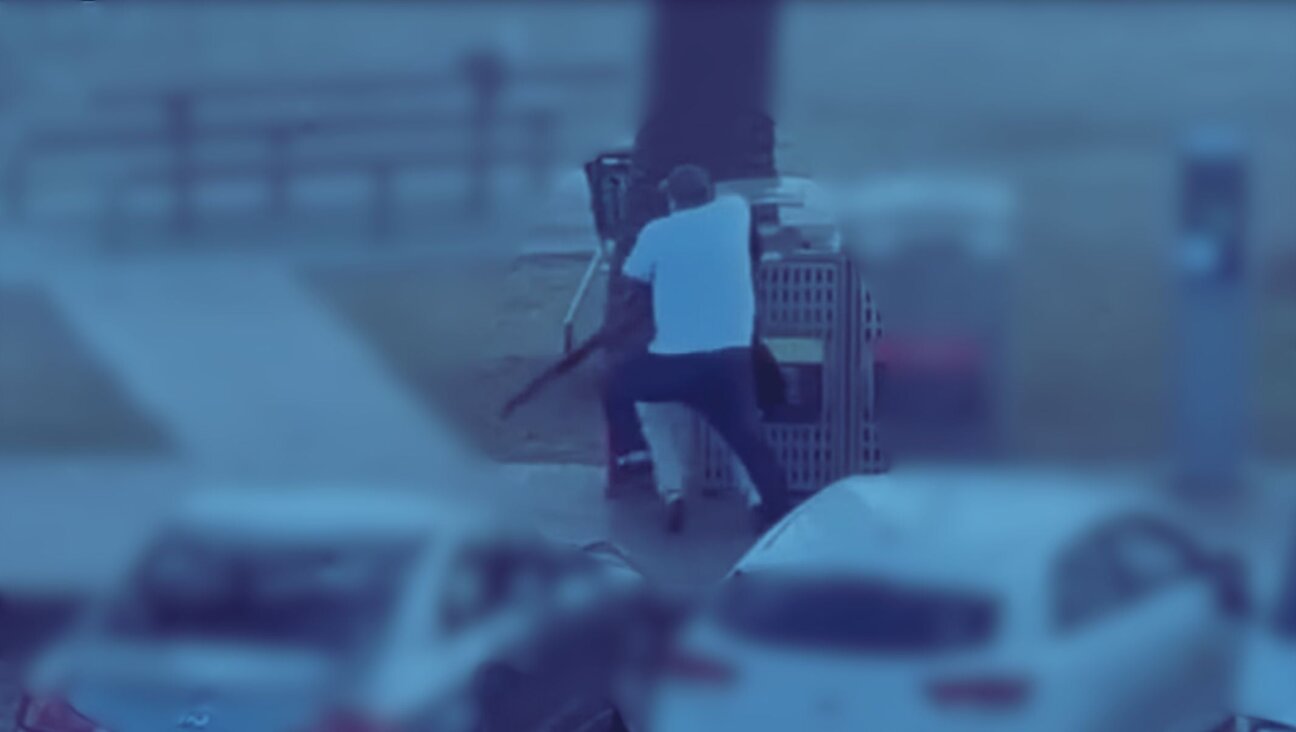Juicy New Anthony Weiner Documentary to Premier at Sundance

Graphic by Angelie Zaslavsky
It’s hard to mention Anthony Weiner without inviting some sort of a punchline. Even if you disregard the very unfortunate name, it seems like, since 2011, he’s been caught in one sex scandal after another.
So what happens if you get caught in the middle of all that drama, as documentary filmmaker?
Filmmakers Josh Kriegman and Elyse Steinberg were filming what was supposed to be Weiner’s political comeback, his 2013 campaign for mayor of New York City. So when a new sexting scandal started to unfold, they already had their cameras poised.
Their documentary, “Weiner” will premier in the Sundance Documentary Contest this weekend.
According to the New York Times, the movie “overflows with juicy moments about Mr. Weiner.” It show Weiner “panicking; misleading the news media; and, at one point, racing through the back halls of a McDonald’s to avoid a woman with whom he traded inappropriate texts, whom his campaign code-named “Pineapple.””
It’s also a window into the state of mind of Weiner’s wife, Huma Abedin. When the filmmakers asked him if the Hillary Clinton aide pushed him back into the political spotlight Weiner answers: “She did. She was very eager to get her life back that I had taken from her.”
Abedin is caught on tape reminding a distraught young campaign staffer to mind the “optics.” “I assume those photographers are still outside,” she tells the staffer, “So, you will look happy?”
“You really get to see how much politics are driven from an impulse towards entertainment and an appetite for spectacle,” filmmaker Josh Kriegman said about the movie. And that’s still true in 2016, with the upcoming presidential elections.
But for filmmaker Elyse Steinberg, this film is a chance to show the more three dimensional portrait of the man formerly known as “Carlos Danger.”
“His story has been reduced to punchline or soundbite,” Steinberg says, “I think that what will emerge is a real human story.”

















